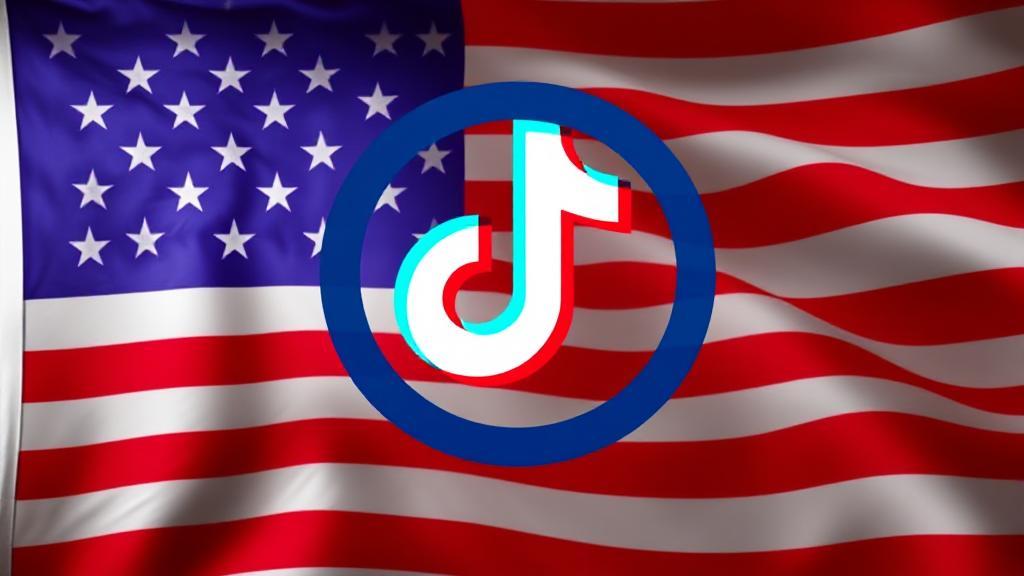Background and Key Concerns
TikTok, owned by Chinese company ByteDance, has emerged as a dominant force in social media with over 100 million American users. However, its future in the United States remains uncertain due to several critical concerns:
- Data Privacy: Critics argue TikTok collects extensive user data, including location information, browsing history, and biometric data
- National Security: Fears that the platform could be used for espionage or influence operations
- Chinese Government Ties: The National Intelligence Law requires Chinese companies to cooperate with government security matters
- Content Moderation: Questions about censorship and content manipulation
Legislative and Political Developments
Federal Actions
The situation has evolved through several administrative changes:
- Trump administration's initial ban attempt in 2020
- Biden administration's comprehensive security review
- Introduction of the RESTRICT Act in March 2023
- Ongoing CFIUS review
State-Level Initiatives
Several states have taken independent action:
- Montana enacted the first complete state-wide ban
- Multiple states banned TikTok on government devices
- Various educational institutions blocked platform access
Economic and Social Impact
Content Creators and Businesses
"My entire business is built on TikTok. A ban would essentially force me to start from scratch on other platforms." - Anonymous Content Creator
The advertising industry faces significant disruption:
- Estimated $6 billion in annual advertising revenue at risk
- Thousands of marketing jobs potentially affected
- Brands forced to reallocate social media budgets
Platform Alternatives
If TikTok faces a ban, several platforms could fill the void:
| Platform | Key Features | Market Position |
|---|---|---|
| Instagram Reels | Integrated with existing social graph | Strong competitor |
| YouTube Shorts | Massive existing user base | Growing rapidly |
| Snapchat Spotlight | Young user demographic | Established platform |
Potential Solutions
Technical Measures
ByteDance has proposed "Project Texas," including:
Alternative Approaches
Instead of an outright ban, other solutions include:
- Implementing stricter data privacy regulations similar to GDPR
- Regular security audits and risk assessments
- Enhanced transparency in data collection practices
- Potential sale to a US company
Looking Ahead
The resolution will likely depend on:
- Congressional action and legislation
- National security assessments
- ByteDance's willingness to compromise
- Legal challenges and court decisions
For ongoing updates, follow coverage from TechCrunch and The Verge.
The outcome of this situation will establish important precedents for international technology regulation and data privacy standards, while balancing national security concerns with the interests of millions of users and content creators.
